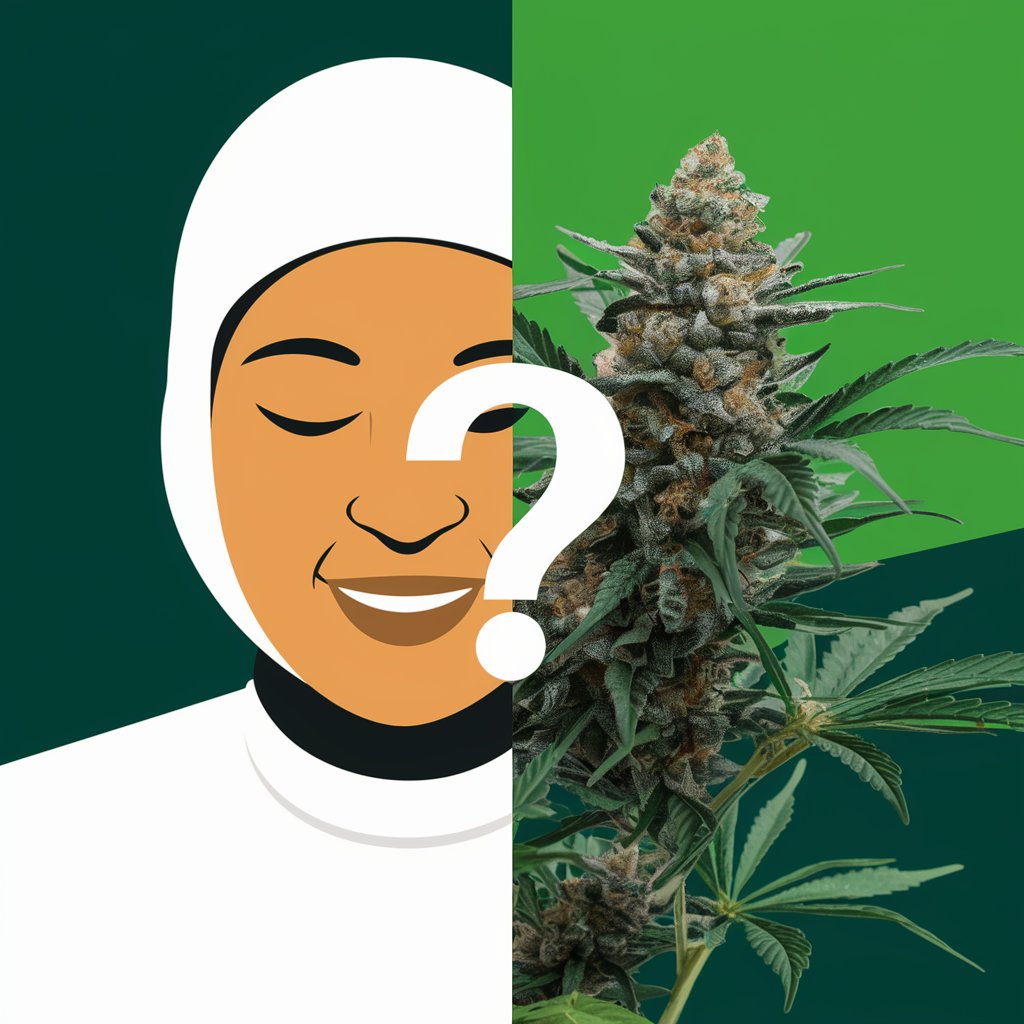Is CBD Halal?
What is CBD?
Before we delve into the Islamic perspective, let’s first understand what CBD is. Cannabidiol (CBD) is a naturally occurring compound found in the cannabis plant. Unlike its more famous cousin, THC (tetrahydrocannabinol), CBD does not produce the “high” associated with marijuana use. Instead, it has been touted for its potential therapeutic benefits, such as reducing anxiety, relieving pain, and improving sleep.
Key Takeaways
- CBD is a naturally occurring compound found in the cannabis plant that has potential therapeutic benefits.
- The Islamic perspective on CBD is complex and requires a nuanced understanding of the various factors involved.
- Potential benefits of CBD include reducing anxiety, relieving pain, and improving sleep.
- Potential drawbacks of CBD include lack of regulation, interaction with other medications, and psychoactive effects.
- Muslim scholars have differing opinions on the permissibility of CBD, with some arguing that it is permissible if used for medicinal purposes and others arguing that it is not permissible due to insufficient evidence of its benefits.
- Ultimately, the decision to use CBD should be made on an individual basis after careful consideration of the potential benefits and drawbacks and consultation with both medical professionals and Islamic scholars.
The Islamic Perspective on CBD

In Islam, the permissibility of any substance is determined by the Quran and the teachings of Prophet Muhammad (peace be upon him). The general rule is that anything that is harmful to the body or mind is prohibited, while anything that is beneficial is permissible.
When it comes to CBD, there is no clear-cut answer as to whether it is halal or haram. The issue is complex and requires a nuanced understanding of the various factors involved.
Potential Benefits of CBD
One of the main arguments in favor of CBD being halal is its potential therapeutic benefits. Many studies have shown that CBD may be effective in treating a wide range of conditions, such as:
- Anxiety and depression
- Chronic pain
- Epilepsy
- Insomnia
- Inflammation
If CBD can indeed alleviate suffering and improve quality of life, then it could be argued that it is permissible from an Islamic perspective.
Potential Drawbacks of CBD
On the other hand, there are also potential drawbacks to using CBD that must be considered. Some of these include:
- Lack of regulation: The CBD industry is largely unregulated, which means that products may not always contain what they claim to or may be contaminated with harmful substances.
- Interaction with other medications: CBD can interact with certain medications, potentially leading to adverse effects.
- Psychoactive effects: While CBD itself does not produce a “high,” some products may contain trace amounts of THC, which could lead to psychoactive effects.
If these potential drawbacks outweigh the benefits, then it could be argued that CBD is not permissible from an Islamic perspective.
What Muslim Scholars Say
Given the complexity of the issue, it’s not surprising that Muslim scholars have differing opinions on the permissibility of CBD. Here’s a breakdown of some of the most prominent views:
| Scholar | Opinion |
|---|---|
| Dr. Muzammil Siddiqi | CBD is permissible if it is derived from hemp and contains no THC. |
| Dr. Yasir Qadhi | CBD is permissible if it is used for medicinal purposes and does not contain any intoxicating substances. |
| Mufti Ismail Desai | CBD is not permissible as there is insufficient evidence of its therapeutic benefits and it may lead to intoxication. |
As you can see, there is no clear consensus among Muslim scholars on the permissibility of CBD. Ultimately, it is up to each individual to weigh the potential benefits and drawbacks and make an informed decision based on their own understanding of Islamic principles.
Conclusion
In conclusion, the question of whether CBD is halal or not is a complex one that requires careful consideration of the various factors involved. While there are potential therapeutic benefits to using CBD, there are also potential drawbacks that must be taken into account.
As with any substance, it is important to approach CBD with caution and to consult with both medical professionals and Islamic scholars before making a decision. Ultimately, the permissibility of CBD will depend on each individual’s unique circumstances and their understanding of Islamic principles.








